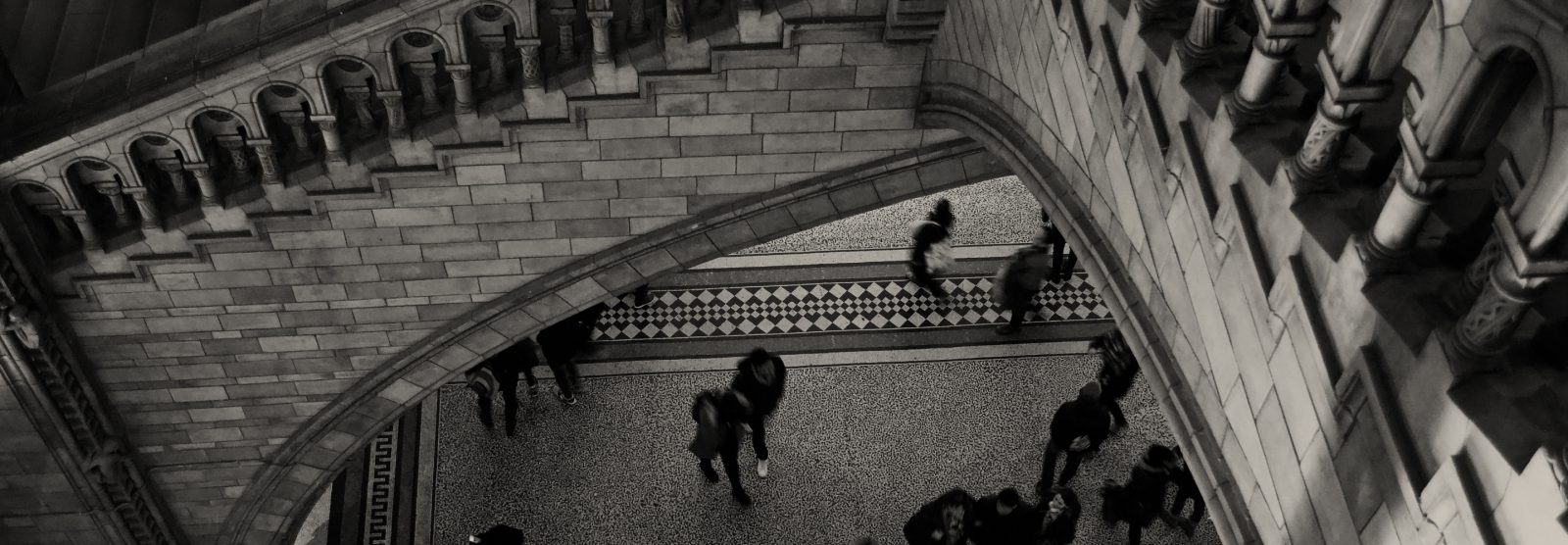The Reality of Love Behind Bars
Neither of us imagined that love and prison were compatible until we met. Now the state is weaponizing our marriage.

TOPICS
176 posts in ‘Institutions & Practices’
Neither of us imagined that love and prison were compatible until we met. Now the state is weaponizing our marriage.
Temp agencies rely on a constant stream of formerly incarcerated workers to keep jobs unstable and wages low.
Professionalization will not make immigration policing less violent. It will only increase its capacity, authority, and scope.
As an incarcerated mother, I have fought to remain in my children’s lives. I’ve done everything I could—and it still wasn’t enough.
When I was falsely accused of abuse, North Carolina took away my sons. The charges were dropped but I still may never see them again.
A former editor-in-chief of a prison newspaper examines the responsibility of prison journalists, the constraints they work under, and why reporting from inside matters.
When Rikers furniture proves so unwieldy that her inside–outside book group can’t even form a circle, the author goes on a search to understand why U.S. prison furnishings are so…
In Texas, when someone makes parole, they will only be released once they have an approved home. Many of us have nowhere to go, and no one to help us…
A new book examines why states continue to sell the American people on the utility of lethal injection—despite its well-documented, monstrous failings.
In prison, a cancer diagnosis might as well be a death sentence.
Providing hospital inpatients who use drugs with safe ways to do so is a critical part of what it means to “do no harm.”
Drug diversion programs are hyped by reformists as alternatives to prison—but they function just like punishment and people often end up incarcerated anyway.
A number of factors—including a willingness of law enforcement to collude with federal authorities—make Los Angeles a distressing bellwether of a country succumbing to authoritarianism.
Decades of policy failures, including a culture of impunity for correctional officers, have eroded many of the gains that the Attica uprising’s incarcerated leaders fought and died to secure.
New York City’s plan to replace Rikers with skyscraper jails is a cautionary tale of how decarceral talking points can be misappropriated.
Faced with often deadly medical neglect, incarcerated women form networks of care that provide the life-sustaining support the state fails to give.
Eight Virginia prisons currently have no air-conditioning. We go to sleep in sweat and wake up in sweat, with no respite from dangerous heat.
Prisons serve bad, inadequate food as a way to cut costs. Providing this inhumane service is now a profitable sector of Wall Street.
After Jason Salters was violently attacked by NYPD officers simply for doing his job, he discovered how little accountability exists for non-fatal incidents of police violence.
Domestic violence survivors shouldn’t have to survive police violence, too. It is time to follow the evidence to interventions that actually work.
Prisons are sites of pervasive medical neglect, both creating and worsening disability. Never was this more the case than during the COVID-19 pandemic.
Incarcerated people are eligible for Pell Grants again—but will prisons actually allow us to flourish as college students?
ShotSpotter has leveraged gun violence into a multimillion-dollar business that promises safety but delivers only increased policing and drain on the public’s resources.
Being forced by prison authorities to publish anonymously caused me to reflect on the long history of Black authors choosing names in response to state violence.
During the mid-twentieth century, the Bureau of Prisons ran two “narcotic farms” that muddled medical care with incarceration, part of a growing trend that criminalized addiction.
Efforts to improve incarceration for women ultimately support a system that is worse for all.
I rejected a plea deal and chose instead to go to trial. I would not understand until too late that I had placed a target on my back.
This year I passed a grim milestone: I’ve now been in captivity longer than I’d been alive when I was arrested.
There are no good prisons—but even minor design changes could make them less awful to be trapped inside.
The deadly labor action can best be understood in the context of white supremacy and class struggle.